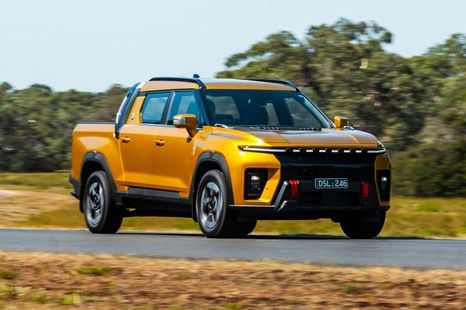

Ben Zachariah
2026 KGM Musso EV review
2 Hours Ago
Two influential policy advisory groups have now called for a ban on new combustion vehicle registration inside 14 years, to hit net zero by 2050.

Senior Contributor
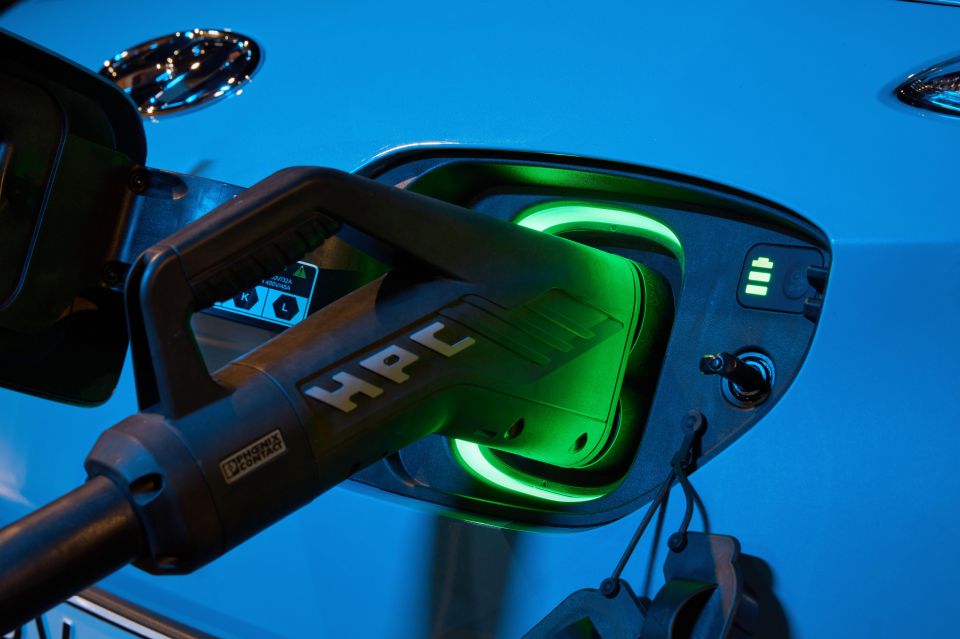

Senior Contributor
Victoria should ban the sale of new combustion vehicles by 2035 and switch its government fleet to electric cars where possible within five years to grow the used market, according to advisory body Infrastructure Victoria.
This is not the same thing as a ban on petrol and diesel cars that are already on roads by then and are expected to operate until around 2050 – but rather would stop the sale of new combustion vehicles from this time onwards.
The proposed ban echoes recent findings from the Grattan Institute’sToward Net Zero report published last month, which suggested internal combustion engine (ICE) cars should be phased out within 14 years nationwide.
MORE: Australian electric vehicle launch calendar
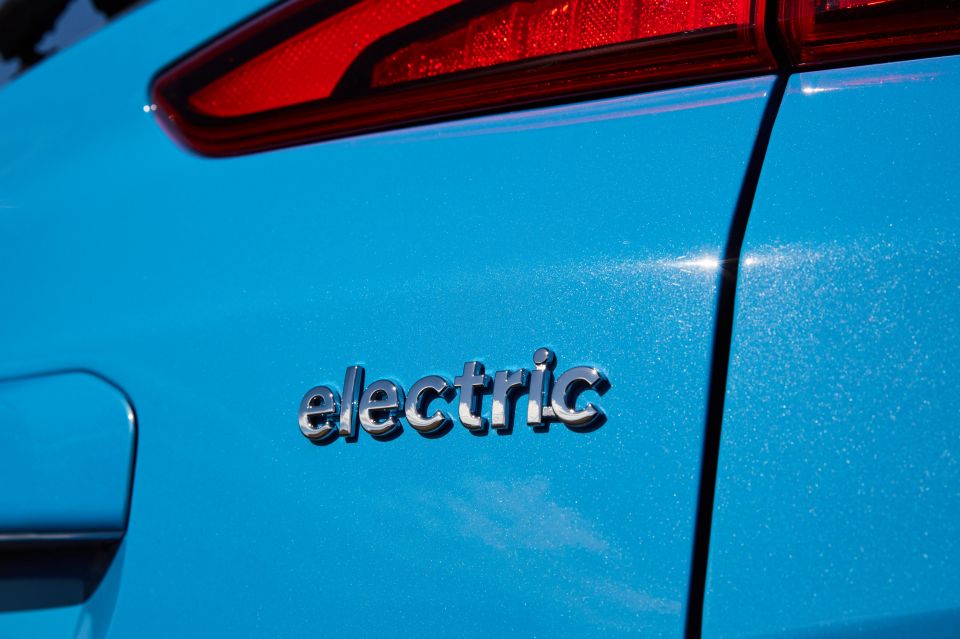
The proposal to mandate the end of ICE vehicles from 2035 also looks similar to new ICE bans already announced in the UK (2030) and California (2035), among other places.
According to Infrastructure Victoria, the State Government should also seek to publish a “statewide electric vehicle charging network strategy” within the next two years, continuously review the effectiveness of existing EV purchase subsidies, and more effectively incentivise zero-emission freight vehicles.
The recommendations form part of a report tabled to parliament this week titled ‘Driving down emissions: accelerating Victoria’s zero emissions vehicle uptake’, which itself was part of a wider-reaching infrastructure strategy 2021-2051 report released on the same day.
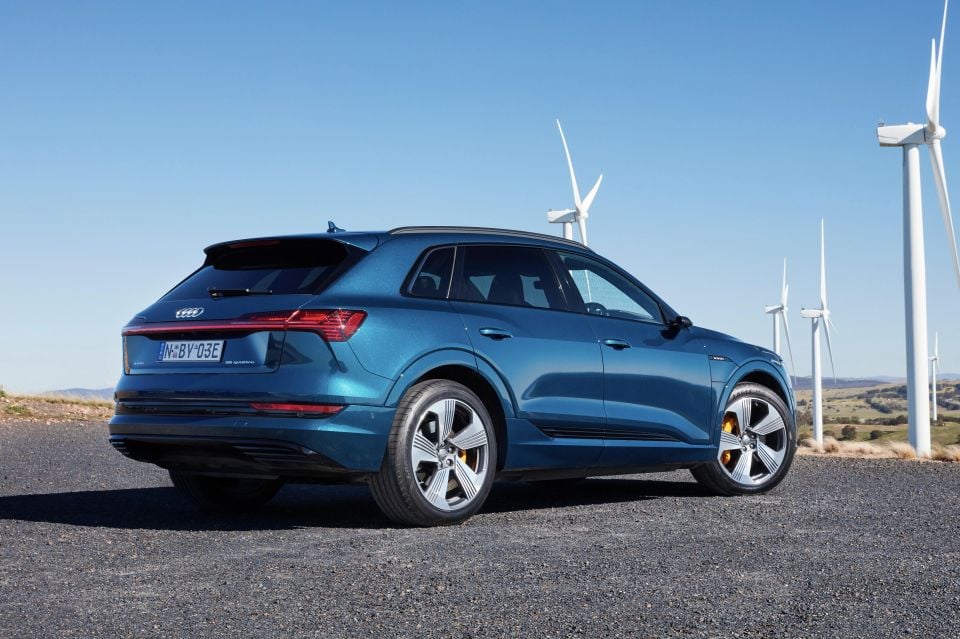
Infrastructure Victoria is an influential advisor to the Victorian state government. While not binding, precedent suggests the government listens to what it suggests – more than 90 per cent of the 137 strategy recommendations it made in its 2016 report were actioned.
The priority actions outlined in this report were designed to address “the main barriers to ZEV uptake”, being purchase price, access to charging infrastructure, and driving range anxiety. It also pointed to a supply and demand cycle thwarting EV take-up, reflecting existing car industry concerns.
In its executive summary, the advisory body said cars were responsible for more than half of Victoria’s total transport emissions, and that transport in turn was the second-biggest contributor to greenhouse gas pollution across the State.
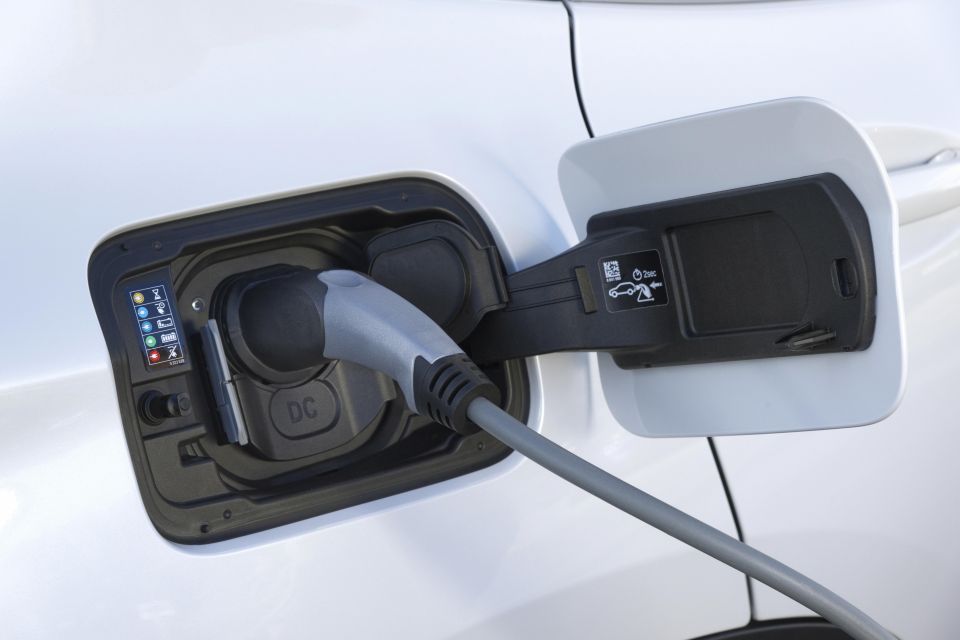
While in most sectors emissions are declining, transport emissions are not, it added.
On a lifecycle basis the report found that emissions of a battery electric vehicle, taking into account manufacture, operation (under the existing electricity generation mix), and disposal are around 20 per cent lower than a typical petrol vehicle.
Vitally, this differential will certainly favour battery electric vehicles as Victoria’s grid continues to decarbonise.
“Widespread electric car uptake has the potential to not only result in significant emissions reductions in Victoria and help reach the net zero target by 2050, but also deliver hundreds of millions of dollars every year in health and environmental benefits to the community,” said the report.
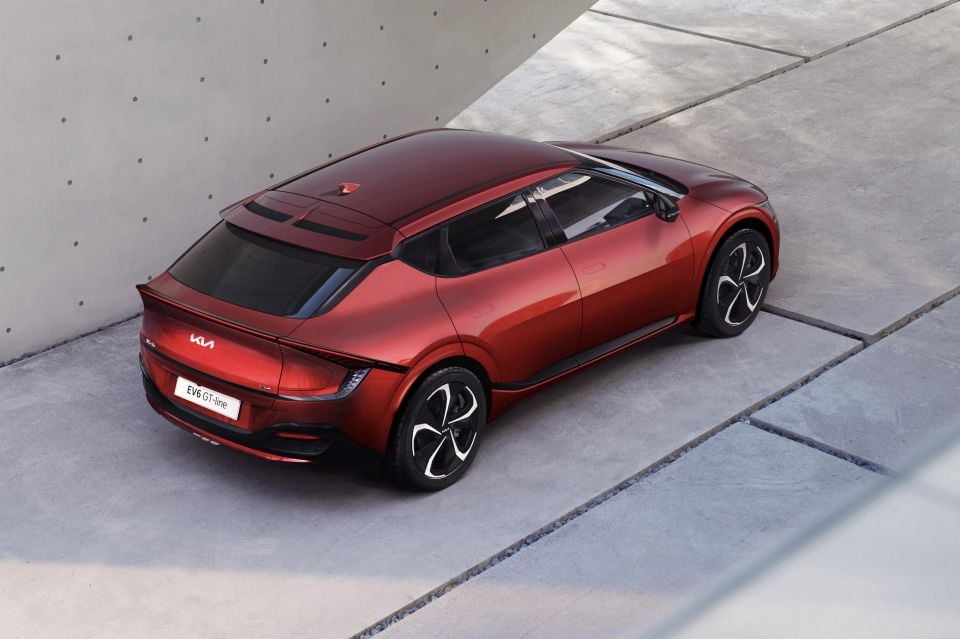
“At the same time, accelerating the uptake of ZEVs will ensure Victoria does not get left behind by the rest of the world in one of the most significant transformations in transport since the emergence of the internal combustion engine.
“… Our research has shown that if all vehicles on Victorian roads were ZEVs, around 27 million tonnes of greenhouse gas emissions would be eliminated in Victoria in the year 2046, equivalent to around 25 per cent of today’s total emissions,” it added.
The proposals tabled in parliament this week build on policies already announced by the Victorian government in May this year, which included a 50 per cent sales target for new electric or fuel-cell cars by 2030 (up from around 1 per cent today), $3000 subsidies for sub-$69,000 EVs, and budget to buy 400 electric government fleet cars by 2023.
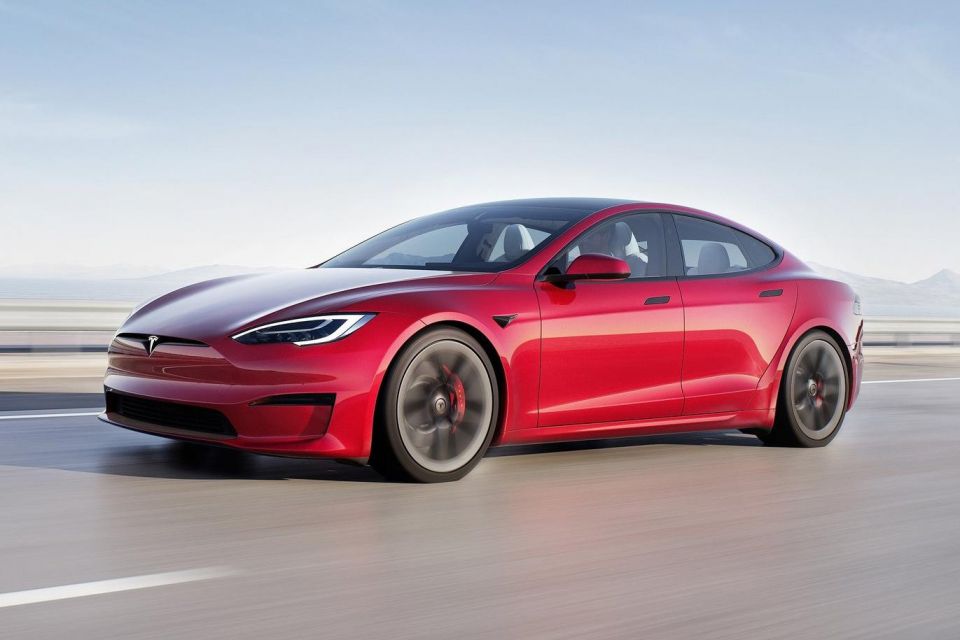
It also pushed through with its controversial road-user charge of up to 2.5 cents per kilometre on all EV drivers, paid in lieu of fuel excise which forms part of general revenue to maintain roads.
For background, when this road-user charge was proposed a list of 25 carmakers, charging infrastructure providers, rideshare firms, and environment groups co-signed an open letter slamming the Victorian ALP government’s plan as “the worst EV policy in the world”.
While various State and Territory governments have announced their own EV support packages, there remains much other industry frustration over the lack of cohesive national policies.
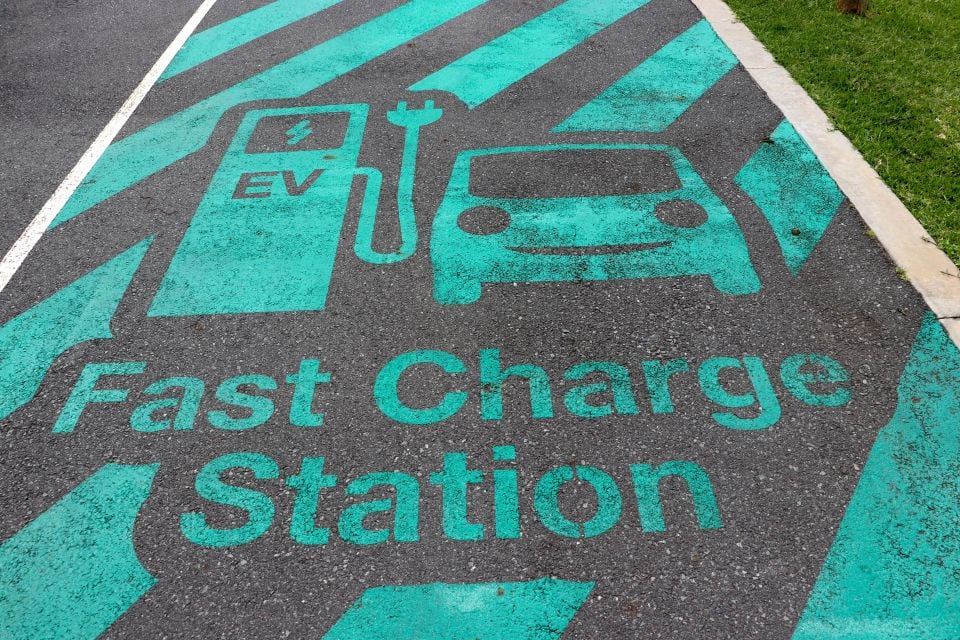
All this said, if the government does decide to action the proposed ICE ban from 2035, it would likely be met with ire by the car brands’ peak lobby group the FCAI, which last month derided such an idea as not fit for Australia.
“This approach does not recognise the significant differences in market preferences across Australia, which is unique among the global markets,” it contended.
“Decisions around technology should be left to the experts – the vehicle makers. The aim should be to reduce CO2 rather than give preference to one technology over another.”
If you’re interested, the full Infrastructure Victoria report is available here.
MORE: Australia’s Evie and Tritium rolling out 300 destination EV chargers MORE: Australia’s car lobby opposes petrol and diesel ban, backs tax cuts MORE: Europe plans to ban petrol, diesel and hybrid new cars from 2035 MORE: Australian electric vehicle launch calendar MORE: Emissions targets explained, Q&A with FCAI chief Tony Weber MORE: Australia-wide EV policy needed to avoid ‘chaos’, says FCAI MORE: NSW announces sweeping electric-vehicle stimulus package MORE: Ford CEO calls out Australia for lack of EV infrastructure MORE: Victoria commits to electric car subsidies, 2030 sales target MORE: Victoria’s ‘worst EV policy in the world’ slammed MORE: Northern Territory commits to electric car incentives MORE: Australian industry keeps calling for new government CO2 targets MORE: ACT moving public-servant fleet to EVs, will slash running costs MORE: How Australia’s federal opposition proposes to slash EV prices


Ben Zachariah
2 Hours Ago


James Wong
2 Hours Ago
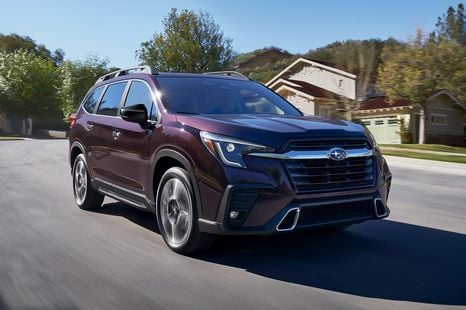

James Wong
2 Hours Ago
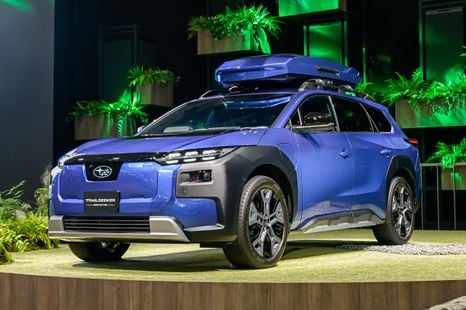

James Wong
2 Hours Ago
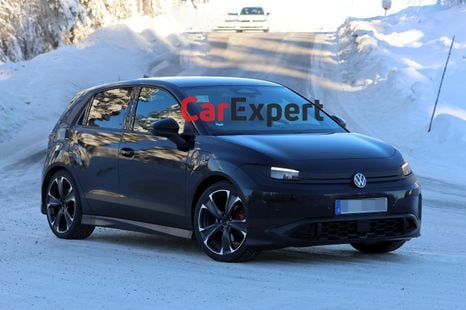

Damion Smy
9 Hours Ago
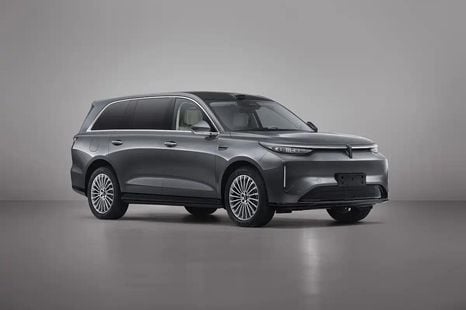

William Stopford
10 Hours Ago
Add CarExpert as a Preferred Source on Google so your search results prioritise writing by actual experts, not AI.